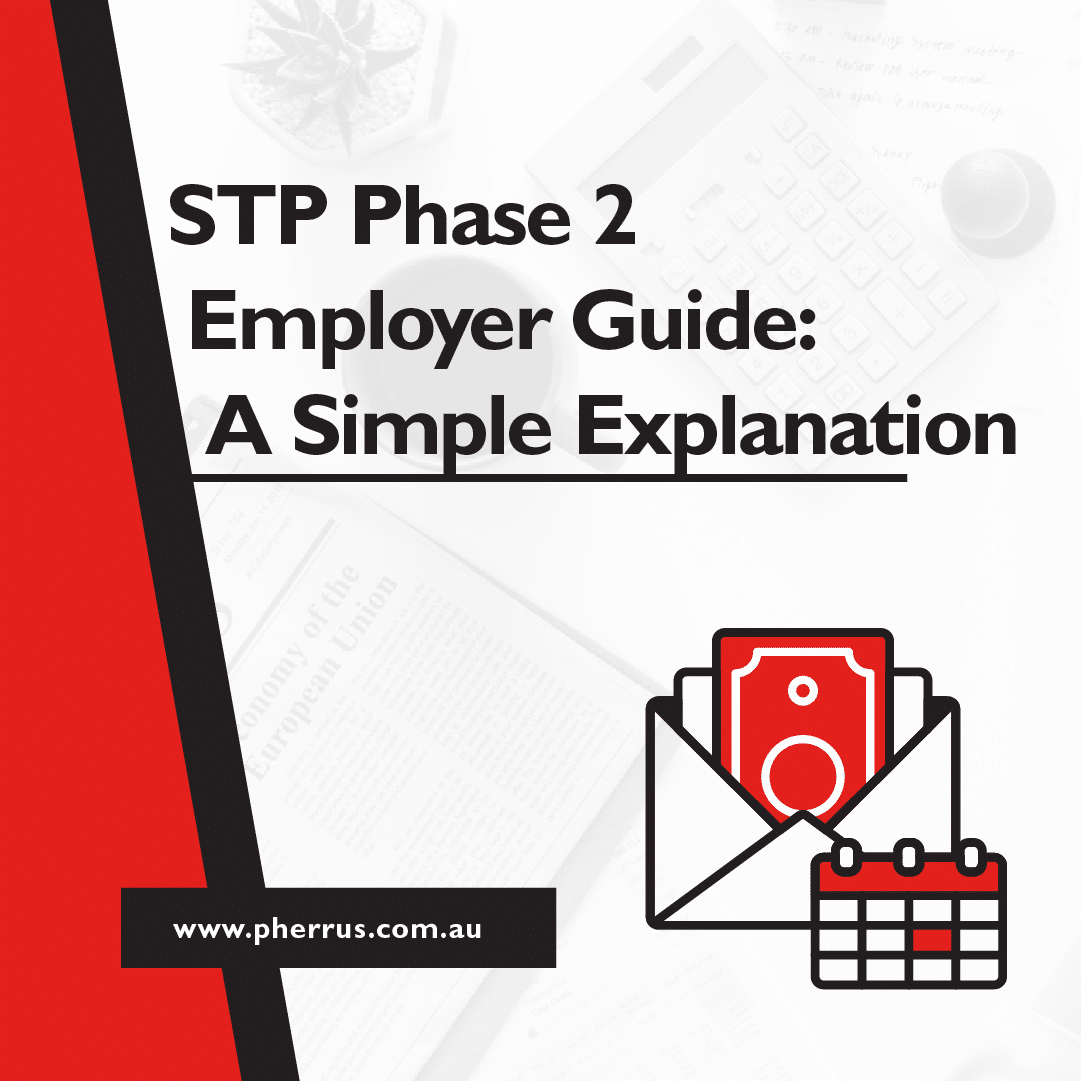As the end of fiscal year (EOFY) approaches for most companies in Australia, it’s time to make sure you’re not missing out on any opportunities to reduce your business tax obligations. While you should make sure to conduct a thorough review of all your financials, these additional tips can help you find specific ways to manage your tax concerns before the EOFY arrives.
Delay Income
During the stress of reviewing your financial situation, it can be easy to forget that the hard deadline of a fiscal year is also an opportunity for your business. If you’ve had a rough year, or anticipate an even better year to come, it can make sense to delay expected income to keep it from being taxed for the current fiscal year.
Push the due date for client payments into July (if you keep the standard June 30th EOFY), delay closing on an upcoming deal, or find another way to make sure income isn’t logged until the new fiscal year whenever possible.
Bring Expenses Forward
You can also put the EOFY deadline to use in the reverse, by bringing any planned deductible expenses forward if you have the cash available. If you’re planning to purchase assets like business furniture, new property, or even simple office supplies, making sure they’re bought and on the books before EOFY lets you deduct them immediately, instead of having to wait for the next tax year.
Making your July superannuation payments in June is also a good idea. You can even get extra creative and do something like pre-paying all your business utility bills for the upcoming year to get the expense on the books immediately.
Calibrate Your Capital Gains Tax
It’s important to remember that your capital losses can only be offset against your capital gains. If you’ve had a gain this year that will be taxed, you should make every effort to find a loss to balance it out, because you might not have the opportunity next year. For example, if sales have been great this year and you’re planning to sell shares at a loss next year, you should move that sale forward, because there’s no guarantee that you’ll have future gains to position the loss against.
These are the thoughts and opinions expressed by Kris Prasad




